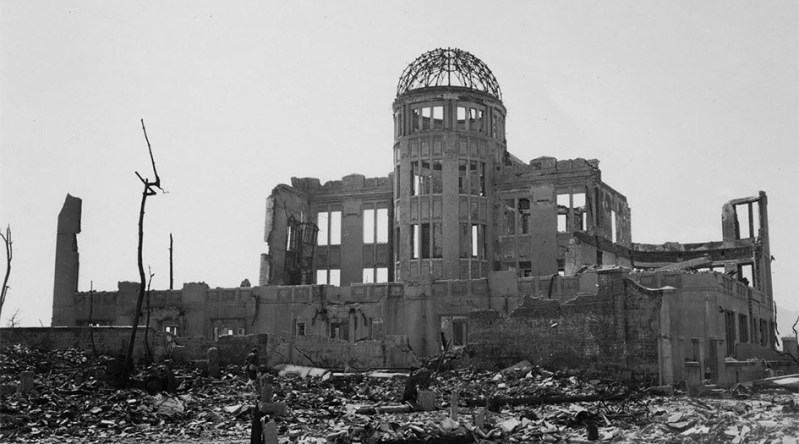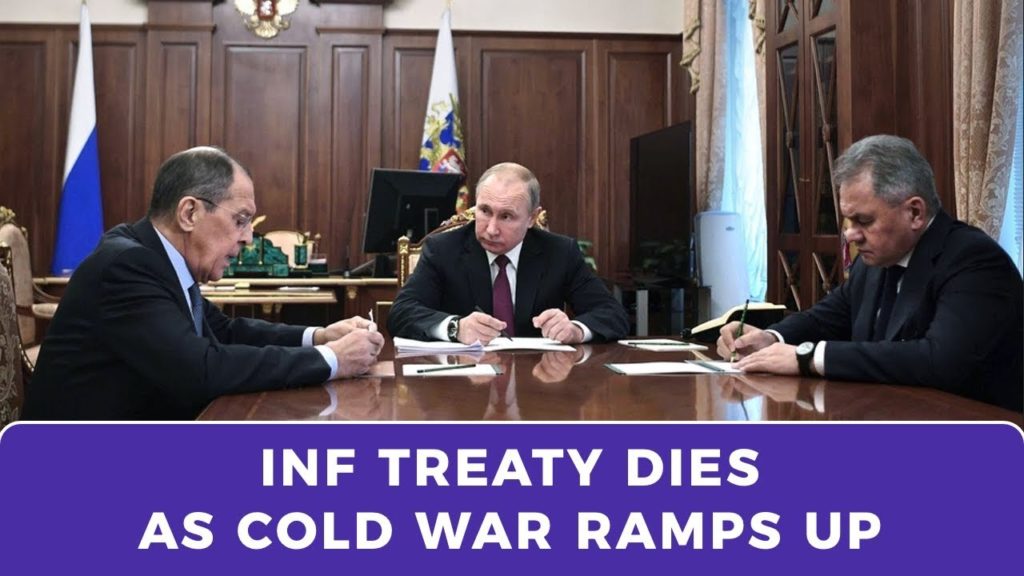
On the eve of the anniversary of the nuclear bombing of Hiroshima and Nagasaki, victims of the nuclear holocaust wanted to know why Japan has not signed the Treaty on Prohibition of Nuclear Weapons sponsored by the United Nations and signed by 122 countries in July 2017. Mayor of Nagasaki Tomihisa Taue made a special appeal to Prime Minister Shinzo Abbe to sign and ratify this treaty.
Anti-war and anti-nuclear sentiments in Japan is deep-seated and successive Japanese governments have championed the cause of nuclear non-proliferation by backing the NPT and CTBT, putting in place a strict export control mechanism and sensitizing the global opinion against nuclear weapons.
However, Japan has embraced for long the need to harness the nuclear energy for developmental purposes and has a vast civil nuclear program. It signed 123 civil nuclear agreement with the United States that gets automatically renewed after every 30 years and the same was done very recently. It has a number of nuclear reactors that produce electricity and Tokyo makes other peaceful uses of nuclear energy as well.
Significantly, in the very year that the UN nuclear ban treaty was signed, Japan had accumulated about 48 tons of separated plutonium that can help build more than 6000 nuclear weapons. The US allows Japan to reprocess spent fuel and this is a unique arrangement that many other US allies, including South Korea, are not privy to.

Prime Minister Abe was conscious that the nuclear world order has changed to such an extent that he could not have openly acceded to the request of Nagasaki Mayor and signed and ratified the nuclear ban treaty. Just about a week before the anniversary of the atomic bombing of Japan, the United States had walked out of the INF Treaty that was the first-ever concrete nuclear disarmament agreement signed between the United States and the former Soviet Union in 1987. North Korea in last one moth had tested its nuclear-capable missiles about five times defying the UN resolutions.
In an event marking the anniversary of the atomic bombing of Japan and attended by about 50, 000 people from about 90 countries from across the globe, Prime Minister Abe could not endorse the proposal of the Nagasaki Mayor. He said that Japan would continue to be the bridge between the nuclear-weapon states and non-nuclear weapon states and underlined that the UN nuclear ban treaty does not reflect the reality.
This statement was a clear indication that Japan would not commit forever that it would never be a nuclear weapon state. Scholars and practitioners of realpolitik would surely comprehend the position of the Japanese Prime Minister. Significantly, a recent publication of the US National Defense University Joint Forces Quarterly carried a report authored by nuclear experts that suggested that the United States should share its nuclear weapons with Japan and South Korea to meet the nuclear challenge from North Korea.
While there was a disclaimer that the views did not represent the views of the US government, some influential legislators, who are ranking members of Senate Armed forces Committee and Foreign Relations Committee, saw merits in considering the suggestions.
Their views are in sharp contrast to those of the US President Donald Trump who once opined that Japan and South Korea should not just depend on US nuclear umbrella and could develop their own nuclear capabilities to defend themselves.
Japanese Prime Minister’s hesitance to openly commit to UN ban on nuclear weapons, ideas of possible sharing of nuclear weapons with Japan floated in the US, North Korea’s persistence in retaining its nuclear capability, Australian debate on nuclear option, lack of trust among the allies in President Trump’s commitment to their security, fate of nuclear arms control in the wake of US withdrawal from INF treaty are all leading to a situation that poses unprecedented challenge to the non-proliferation regimes.
One would not be surprised if Japan in-not-so-distant future changes its age-old stance on nuclear disarmament and opts for the nuclear option due to changing strategic landscape in the emerging global nuclear order. China’s assertiveness, unresolved Russia-Japan territorial disputes, growing rift in Japan-South Korea strategic understanding, increasing threats from a nuclear North Korea and new questions about the reliability of the US nuclear umbrella may induce Japan to exercise its nuclear option.
Although some in the US would support sharing of nuclear weapons with Japan, it would be little more than an extension of the nuclear umbrella and that means Japan would perpetually remain under US influence and pressure on security matters. Thus Japan may as well opt for an independent nuclear posture. Independent nuclear capability would strengthen its current status in the bilateral alliance with the United States. However, it may lead to a situation where the presence of thousands of US troops in US military facilities in Japan may simply lose their rationale.
The big question is whether the US would like to end its military presence in Japan. Would the US treat an independent Japanese strategic posture as in its interests? Would China prefer to see a Japan under US influence to continue or it would favor an option to manage its relations with a nuclear Japan? That simply means, China’s desire to see a US military withdrawal from the Indo-Pacific would create new challenges whose nature and intensity cannot be measured now.
However, it is quite likely that Japan would not like to remain a non-nuclear weapon power forever. India needs to factor all these critical developments in the Indo-Pacific while defining its role, goals, and interests in this region.
![]()

